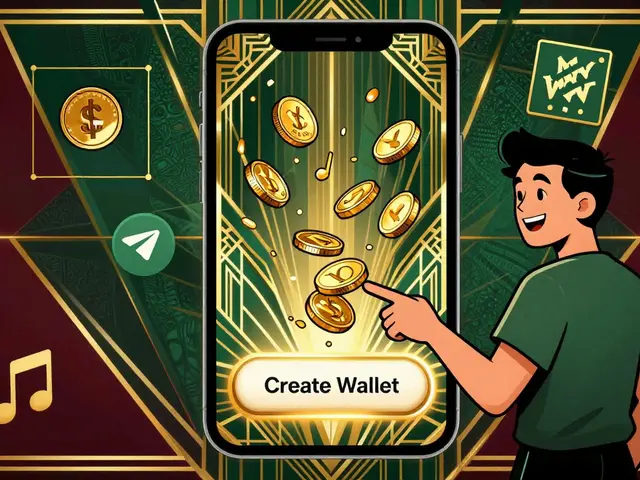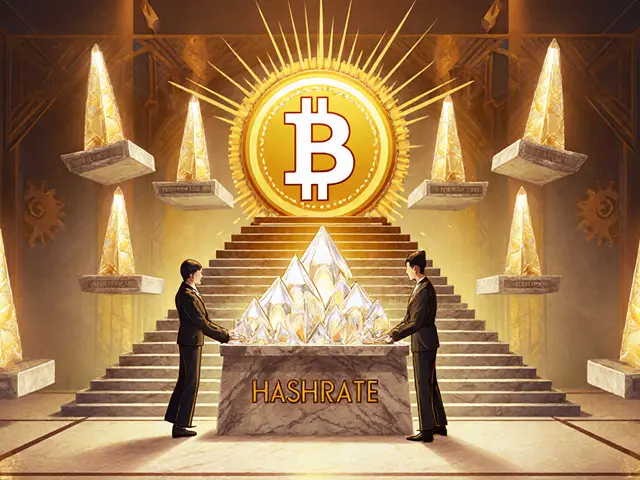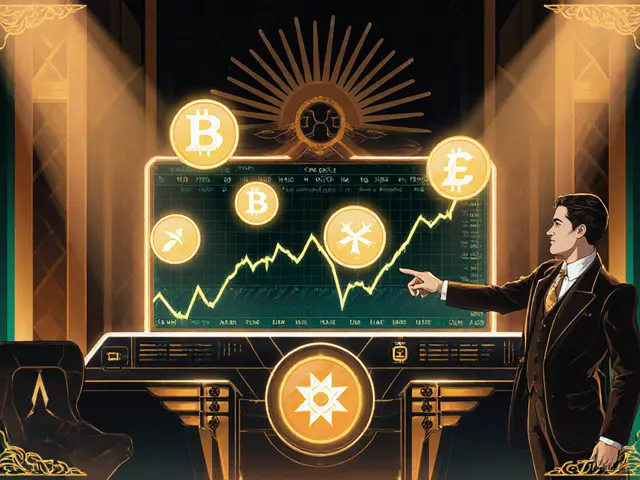Crypto Adoption in Nigeria: What's Really Happening in 2025
When we talk about crypto adoption in Nigeria, the rapid, grassroots movement of digital currencies among everyday Nigerians despite government uncertainty. Also known as Nigerian crypto usage, it’s not just about trading—it’s about survival, remittances, and bypassing broken banking systems. In 2025, Nigeria officially lifted its crypto ban and replaced it with the ISA 2025, the Investment and Securities Act update that now regulates crypto exchanges under the SEC. But here’s the twist: while the law changed, police still stop people for holding Bitcoin. The rules exist on paper, but enforcement is still chaotic.
People aren’t waiting for permission. They’re using crypto exchanges Nigeria, local platforms like Binance P2P, Luno, and Cryptal that let users buy Bitcoin with Naira. These aren’t fancy DeFi apps—they’re simple, peer-to-peer marketplaces where teens, market vendors, and small business owners trade crypto like cash. Why? Because sending money to family abroad via traditional banks takes days and costs 15%. With crypto, it’s 10 minutes and under 1%. And when inflation hits 30%, holding Bitcoin isn’t speculation—it’s savings. The Nigerian crypto laws, especially the ISA 2025 framework, are trying to catch up, but they’re still playing catch-up with real behavior. The government wants to tax and track, but millions are already using crypto as their primary financial layer.
What you’ll find in these articles isn’t theory. It’s what people are actually doing. You’ll read about why crypto adoption in Nigeria keeps growing even when banks freeze accounts, how some users get harassed by police despite legal changes, and which exchanges are officially approved—and which are just lucky. You’ll see how P2P trading replaced banks, why stablecoins like USDT are still the most popular, and why the real story isn’t about technology, but about trust. This isn’t a trend. It’s a financial revolution happening in Lagos markets, Abuja dorm rooms, and Port Harcourt garages—and it’s not slowing down.
How Nigeria's Underground Crypto Economy Thrived During the Ban
Despite Nigeria's 2021 ban on bank-backed crypto transactions, peer-to-peer trading exploded. Nigerians built a thriving underground economy using WhatsApp, Telegram, and Binance P2P-becoming the world's second-most crypto-adoption-heavy nation.





